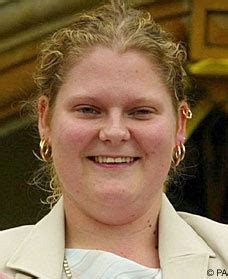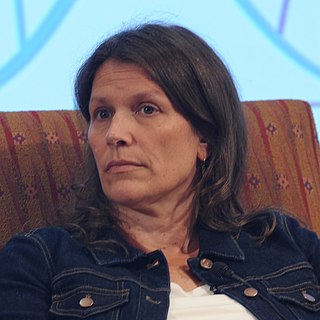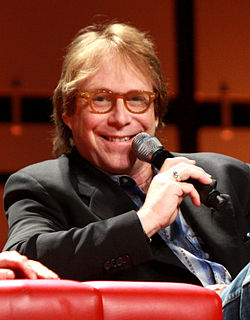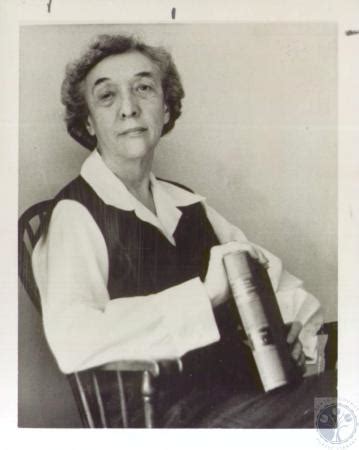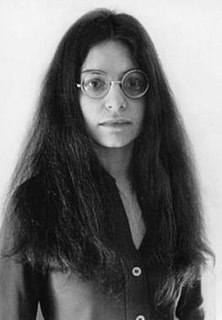A Quote by Louise Brown
The richest most meaningful stories are found in small places: made, carried, crafted, told, and retold by apparently unimportant people.
Related Quotes
A necessary part of our intelligence is on the line as the oral tradition becomes less and less important. There was a time throughout our land when it was common for stories to be told and retold, a most valuable exercise, for the story retold is the story reexamined over and over again at different levels of intellectual and emotional growth.
I think most people aren't really privy to how stories are developed and what stories are - make it to the front page or to the mainstream media, whether it's in print or in broadcast. And I think they'd be shocked and disappointed to see some of the bias that exists in some of the stories that don't get told - or the manner in which they are told.
William Shakespeare was the most remarkable storyteller that the world has ever known. Homer told of adventure and men at war, Sophocles and Tolstoy told of tragedies and of people in trouble. Terence and Mark Twain told cosmic stories, Dickens told melodramatic ones, Plutarch told histories and Hans Christian Andersen told fairy tales. But Shakespeare told every kind of story – comedy, tragedy, history, melodrama, adventure, love stories and fairy tales – and each of them so well that they have become immortal. In all the world of storytelling he has become the greatest name.
For many years now I have listened to the stories of people with cancer and other life-threatening illnesses as their counselor. From them I have learned how to enjoy the minute particulars of life once again, the grace of a hot cup of coffee, the presence of a friend, the blessing of having a new cake of soap or an hour without pain. Such humble experience is the stuff that many of the very best stories are made of. If we think we have no stories it is because we have not paid enough attention to our lives. Most of us live lives that are far richer and more meaningful than we appreciate.
I see a huge, huge divide between the people who are facing the most barriers and violence and the kinds of stories being told in mainstream American politics. The issues that I think most about - how many people's lives are being affected by prisons and policing, how many people's lives are being affected by immigration enforcement and deportation - those stories aren't being touched, let alone told, in mainstream politics.
